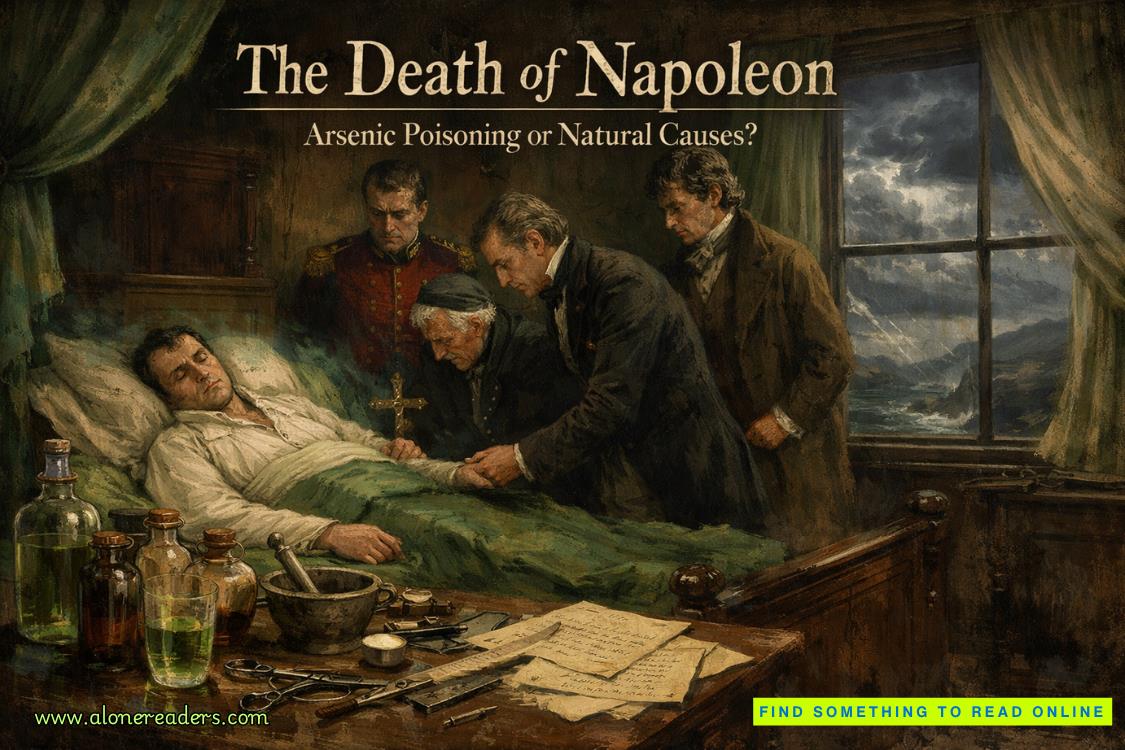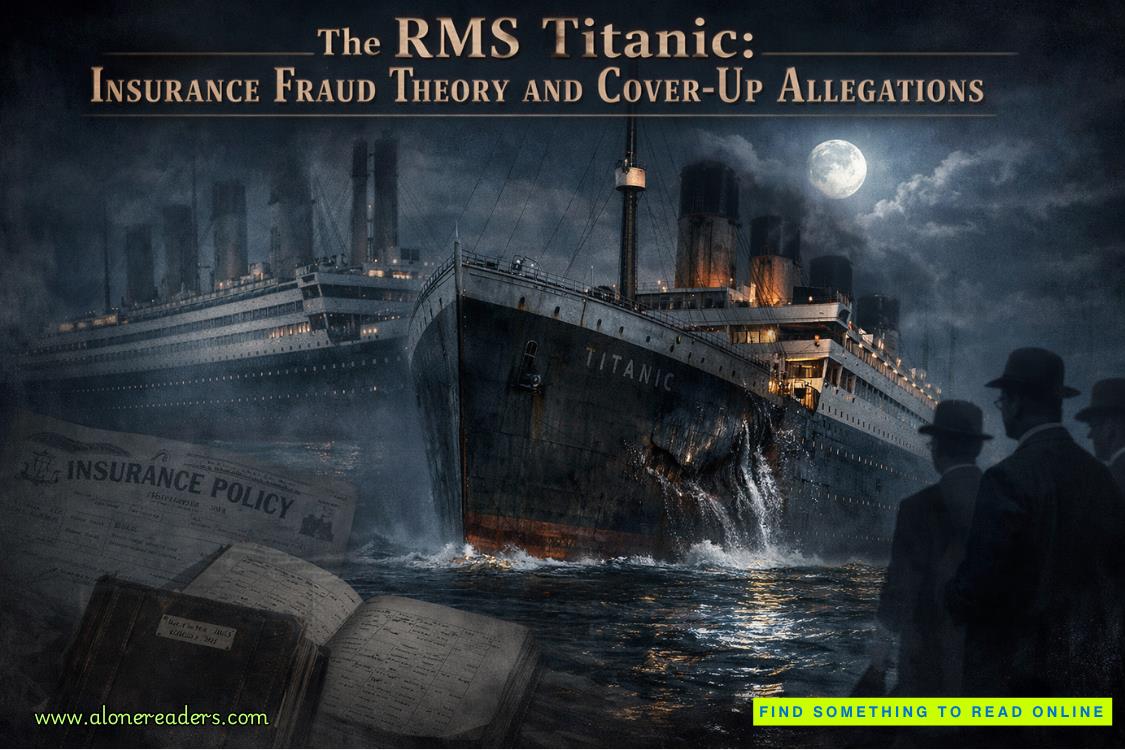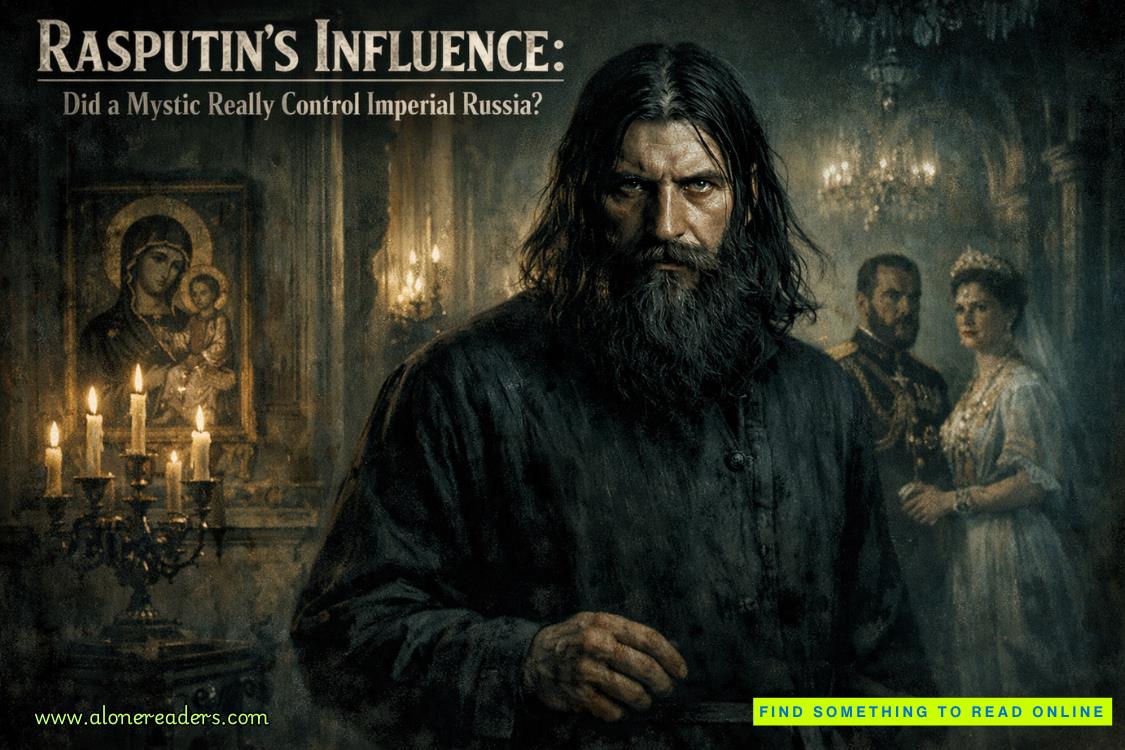“Yes . . . I suppose it might require a more involved explanation should I return wearing your blue cape,” he said, surprised at the displeasure he felt at removing it.
“Will I see you tonight?” she asked shyly. When he didn’t answer immediately, she clarified, “tonight . . . at your house. Your mother invited my family for dinner.”
He wanted to give his best ducal look of nonchalance, but a look of surprise had already claimed his face before he could school his features. “I . . . yes. I look forward to it.” He was irritated at his mother, not Isabelle, he reminded himself. It was nothing against marrying her, but he didn’t want to marry anyone and certainly not someone his parents chose for him.
She gave a tremulous grin. “Good. I look forward to it, Your Grace.” She put Chase on the ground and walked back toward her maid.
Oddly, the earlier conversation with his mother about that evening’s dinner had made him need to fish. Thinking back on Lady Isabelle’s demeanor before she left a few minutes ago, it seemed she didn’t seem happy; rather, she seemed tense.
“Michael, I’m glad to see you before I leave for my meeting with the ladies. I’ve organized a small dinner party for this evening. I hope you will attend,” the Duchess of Clarence said, placing her glass on the table.
“Mother, why do I think there is more to this dinner party than you are telling me?” Michael said, placing his plate on the table and taking a seat across from his mother. He turned and nodded to the footman, who filled his goblet.
She gave a sheepish smile. “Michael, nothing is being hidden here. It is with Lord and Lady Griffith, your father’s, and my, dearest friends . . .”
“And let me guess, Lady Isabelle Griffith will be in attendance.” His voice was curt. “Mother, I don’t mean to be disrespectful . . .”
“Then don’t,” the duchess said with finality. Placing her hands on each side of her plate, she gave an impatient tap of her nails. “Yes, she will most likely attend. It’s time.”
“Time?”
“To marry, son,” his mother said, heaving a sigh. “I desire grandchildren and will never get them if I don’t push this issue.” She gave him a knowing glare.
“Mother, you are speaking of a contract Father signed almost twenty years ago,” Michael said, frustrated. “Of course, I didn’t challenge my father on his deathbed about the contract. I did not know it held this. . . surprise. But I have always wanted to marry in my own time to a woman of my choosing.”
“A contract which remains valid, and it was your dying father’s wish you marry. You promised him,” the dowager duchess prodded.
“But I didn’t promise when,” he inserted angrily. He could feel himself losing ground in this argument. Dratted! He was the duke. He hadn’t planned it—and would have preferred never to have been made to step into a position that was his brother’s. A familiar stab of pain gripped his chest at the thought of losing Daniel. The brothers had been more than siblings—they were close friends, and he missed his brother dearly.
Daniel had described them as the yin and yang of each other—complementary forces of dark and light. His brother had a lighter coloring with blond hair and brown eyes, while Michael had darker coloring, deep brown hair, and silver-blue eyes. Both had excelled at any sport they tried. Daniel had loved horses and found tranquility while riding, although Michael had not known his brother’s penchant for doing foolish things, such as racing and womanizing; that was something he had discovered after Daniel’s death. He was older and should have taken his duties as duke more seriously. Michael found solace in more sedate activities, like fishing—although today’s outing had been anything but sedate. But since he had stepped into his brother’s shoes, he found anything but solace. So much had been left undone—and Michael was learning the job day by day, a punishing way to learn.
“They should be here at eight of the clock,” his mother continued, jarring him from his thoughts.
“Fine, Mother. I will attend. But I will see a copy of this unusual contract and would appreciate you not bringing it up over dinner.”
She smiled tightly and nodded. “Thank you.”
Before leaving the house, he had asked Conners, his valet, to locate and send word for his solicitor to attend him in his office that afternoon—and to bring the betrothal document. He would see this codicil to the agreement for himself. And he planned to do that before dinner.
* * *
Isabelle took a cleansing breath and blew it out slowly, intent on the path in front of her. She dropped her shoulders and tried to relax. When Daniel died, she had mourned his death but felt no remorse over not becoming his duchess. Neither she nor Daniel had been happy about the engagement—both for different reasons. She wasn’t sure of his reasons, but the thought of taking on the duties of a duchess terrified her, especially those requiring her to host or attend large groups. No one understood her fears, not even her. A year later, the threat had returned.How could this have happened?Just thinking about it quickened her heartbeat and made her nauseous.How could her parents not know this arrangement terrified her?
This morning, over breakfast, her father had announced they would dine with the Duke of Clarence and his family and that they would discuss the betrothal to his friend’s younger son.I cannot be a duchess.That meant lots of people would watch her . . . large groups of people. She hated crowds. It was the reason she had feigned illness several times this past Season—to avoid the crowded ballrooms. Her mother was still miffed about “missed opportunities,” although she could find nothing wrong with her daughter marrying a duke and had been very upset when Daniel had died. Most likely, she mourned the loss of a ducal family tie. But it seemed there would be another.How could the universe do this to her twice?Isabelle could find lots of problems with marrying a duke.
Isabelle’s only wish was for a quiet life. She would be happier marrying a shopkeeper, but that was out of the question. She was content to live a quiet life. Since the day she had lost her twin brother, Marcus, nothing had been the same in her life. He had become separated in Hyde Park from their nanny at four years of age. And the last thing she had seen and heard was a man with dark hair and black eyes asking him if he wanted to pet a puppy. When they had followed him, he had clamped his hands over her brother’s mouth and dragged him through the trees. Years later, she found out another person had distracted her nanny, so that she had not seen the man lure her charges away. Her parents had been inconsolable. Despite turning the city inside out, looking for him, they eventually accepted he was lost to them, and never mentioned his name. Only Isabelle knew he wassomewhere. He was alive . . . she could feel it, and she prayed every night he would come home.
Reaching into her pocket, she felt for the small, smooth black stone and rubbed her gloved thumb gently over it. The rock had served as a calming device since she was small and she kept it with her, reaching for it when things overwhelmed her—which usually had something to do with her being put on display.
Its size fit perfectly in her hand, and Isabelle fisted and rubbed it when things became too much for her. She had found it as a child, recalling it had been laying near her feet when her brother disappeared. Isabelle picked it up and shoved it in her pocket, determined to give it to Marcus when they found him because of its unique heart shape. He would have loved it. Her twin had been forever looking at rocks and flowers, picking up the more unusual things, usually a rock of some sort, and showing it off. The rock felt like a link to her brother, somehow.
As she approached the drive leading to her house, Isabelle reflected on seeing Lord Ballard, Michael—His Grace.Lord! I am going to have to get his title straight before this evening or I will surely embarrass myself. Already, she could feel nausea settling in her stomach and the heat at her neck and temples. She hated these affairs, but she had learned not to discuss her anxiety with her parents. Her father summarily labeled her nervousness asfemale hysteria,and her mother could not stop him. And he was not inclined to break the contract—not when it would reel in a duke. Her father’s influence would increase by leaps and bounds, and he had long since evaluated where that could helphim. Not once had anyone asked her whatshewanted. She knew what she didn’t want . . .Isabelle was almost certain she didn’t want to become a duchess.
ChapterTwo
Later that afternoon
“Your Grace. Mr. Leonard, your solicitor, has arrived. Shall I see him in?” the dark-haired, austere butler asked.















